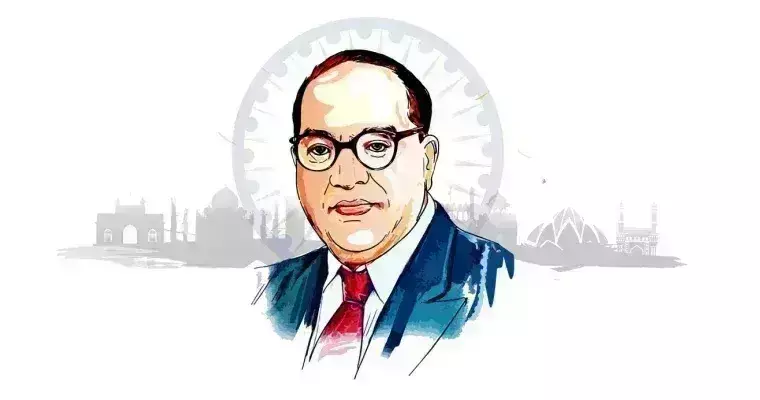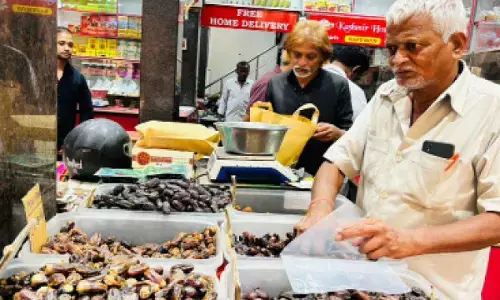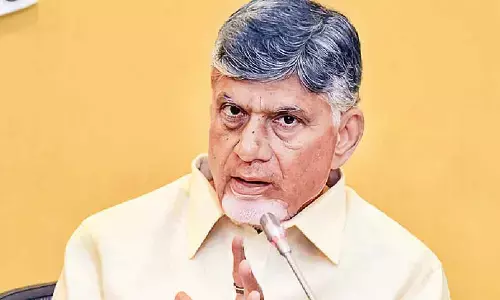All You Need to Know About BR Ambedkar Jayanti 2023

Dr. Bhimrao Ramji Ambedkar, a polymath, jurist, economist, and civil rights activist, is celebrated in India every year on April 14th as Ambedkar Jayanti, also known as Equality Day. He is remembered for his remarkable life and contributions to shaping the democratic framework of India, earning him the title of "Father of the Indian Constitution."
Dr. Ambedkar dedicated himself to educating and improving the economic status of the underprivileged, and he brought attention to the economic and social inequalities faced by the untouchables.
History of Ambedkar Jayanti
Ambedkar Jayanti commemorates the birth of Dr. BR Ambedkar, who was born on April 14, 1891, in India. Ambedkar, also known as the Father of the Indian Constitution, served as the Minister of Law and Justice in Jawaharlal Nehru's first cabinet and chaired the drafting committee for the Constitution of India from 1947 to 1951.
Ambedkar started his career as a professor of Political Economy at Mumbai's Sydenham College of Commerce and Economics in 1918. He was later appointed to the Bombay Presidency Committee, where he wrote a separate set of recommendations for India's future constitution. Ambedkar actively campaigned against untouchability from 1927 onwards and fought for equal rights for disadvantaged social classes and women throughout his life.
Following India's independence in 1947, Ambedkar became the country's first Law Minister and was appointed Chairman of the Constitution Drafting Committee by the Assembly on August 29. Ambedkar integrated his vision of equal rights for all into several constitutional laws. Ambedkar's birthday was first publicly celebrated in Pune by activist Janardan Sadashiv Ranapisay on April 14, 1928. This day is now known as "Ambedkar Jayanti."
Achievements and Contributions of Dr. BR Ambedkar
Dr. BR Ambedkar was a highly accomplished individual who excelled in law and economics, earning doctorates from Columbia University and the London School of Economics. He utilized his expertise to challenge and oppose outdated beliefs and ideas, advocating for equal rights for all and opposing the concept of separate electorates for untouchables.
To promote education among non-Brahmin "social outcastes," Ambedkar founded the Bahishkrit Hitakarini Sabha and established several periodicals, including Mooknayak, Bahishkrit Bharat, Samta, Janata, and Prabuddha Bharat, to raise awareness about the plight of underprivileged groups.
Ambedkar played a key role in negotiating the Poona Pact with Congress activist Madan Mohan Malaviya, which granted the deprived classes 148 seats in the legislature, compared to the 71 seats proposed by the British Government. The deprived class was later recognized as "Scheduled Caste" and "Scheduled Tribe" in the Indian Constitution.
Following India's independence, Ambedkar was invited to become the country's first Law and Justice Minister and was later appointed to draft India's inaugural Constitution, which he successfully accomplished, earning him the title of the "Father of the Indian Constitution."
Interesting facts about Dr. BR Ambedkar
Dr. BR Ambedkar's life is full of noteworthy accomplishments and fascinating details. He was the first South Asian to earn a Ph.D. in Economics and hold a double doctorate, demonstrating his impressive intelligence and dedication to scholarship.
In addition to his academic achievements, Dr. BR Ambedkar was a statesman who played an integral role in establishing the Reserve Bank of India. He used his expertise in economics and financial matters to shape policies that helped create India's central bank.
As a social reformer, Dr. BR Ambedkar was a tireless advocate for workers' rights and better working conditions. He successfully pushed for a reduction in the standard workday from 12 hours to eight hours, improving the lives of countless workers and demonstrating his commitment to social justice.
Dr. BR Ambedkar's autobiography, "Waiting for a Visa," provides a powerful account of his struggles as a Dalit and his journey toward academic excellence. The book is so influential that it is used as a textbook at Columbia University, where students learn about the challenges faced by marginalized communities and the importance of social justice.
Dr. BR Ambedkar's contributions to Indian society and his critical role in drafting the country's constitution are recognized not only in India but also around the world. His statue stands alongside that of Karl Marx in the London Museum, making him the only Indian figure to be honored in this way. This acknowledgment is a testament to his lasting legacy as a visionary leader, social reformer, and global symbol of social justice.








